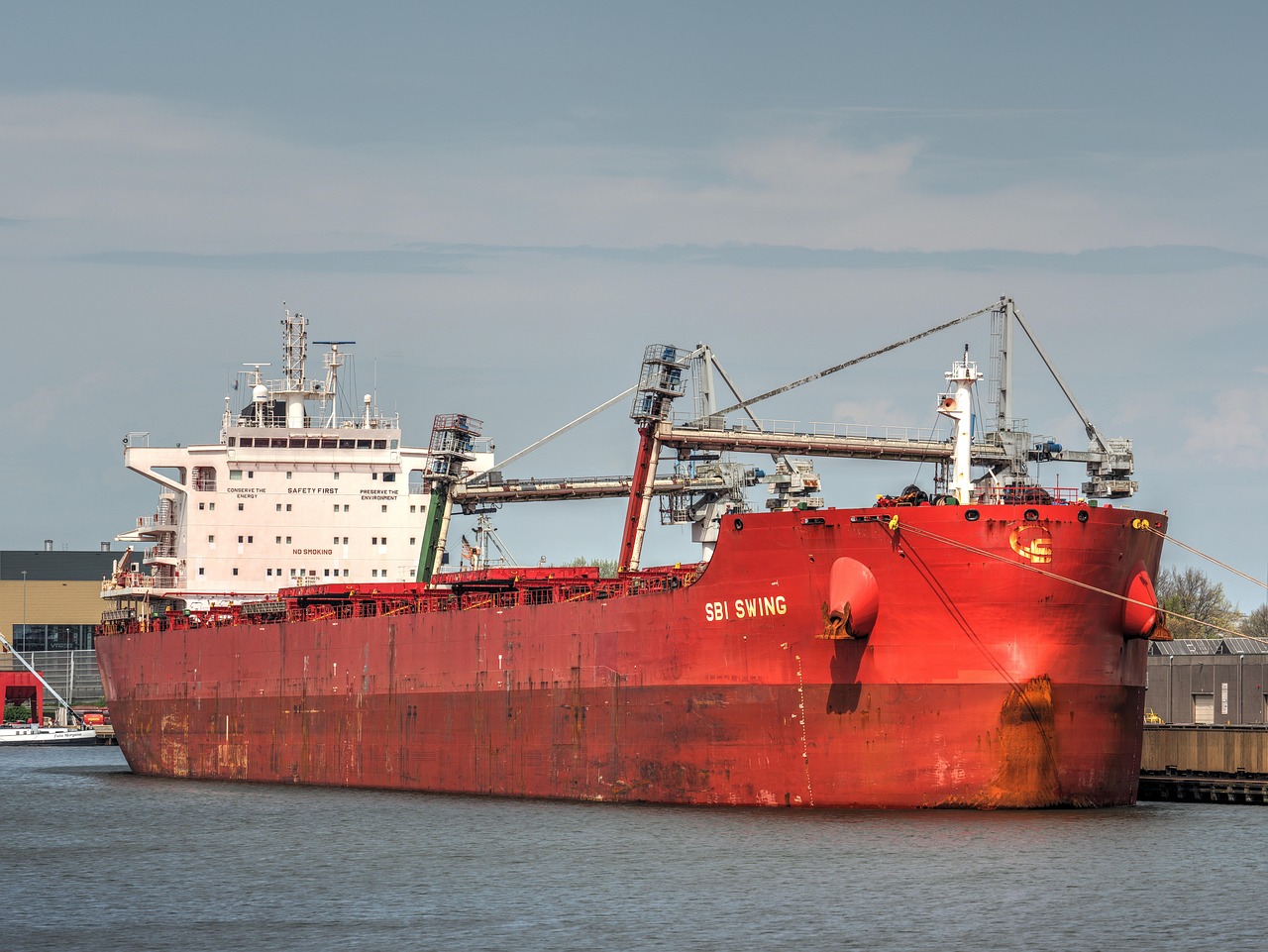
As the world's third-largest importer of crude oil, the Indian government plans to build more than 100 oil tankers over the next 15 years to strengthen its strategic energy transport capabilities.
According to Zhongjin's understanding, the Indian government plans to invest ₹85,000 crores (approximately $10 billion) by the year 2040 to build 112 oil tankers in phases. The initial phase includes the construction of 79 vessels, with 30 of them being MR tankers. Sources revealed that the first batch of orders may be announced in the coming weeks and could receive long-term lease support to facilitate financing.
India's oil tanker investment plan by the government is similar to the plan announced earlier this year, which involves funding the ambitious Bharat Container Line with several billion dollars to reduce dependence on foreign shipping companies.
In the oil tanker sector, India primarily relies on crude oil from Russia, followed by Iraq, Saudi Arabia, and the UAE, for which MR tankers are well suited. Additionally, India's domestic refining capacity is rapidly increasing, expected to rise from about 250 million tonnes currently to 450 million tonnes by 2030.
The Indian government has made it clear that the tankers must be built domestically in India but allows for the introduction of overseas technological collaborations. Analysts point out that achieving these goals may be challenging without the support of foreign shipping companies.
The Indian government is actively pushing for the development of the shipbuilding industry with the goal of entering the top ten shipbuilding nations globally by 2030 and aiming to break into the top five by 2047.
According to Clarkson Research's rankings of global shipbuilding, India ranks 19th, with the United States at 18th place. Therefore, the United States is the first target India seeks to surpass!
Despite India's relatively low share in global shipbuilding, Clarkson Research data shows that between 2015 and 2024, Indian new ship deliveries accounted for only 0.1% of the global total.
Nevertheless, the Indian government has introduced several stimulus policies, and many Indian shipping companies are embarking on capacity expansion plans, initiating discussions with Japanese and South Korean shipbuilders to explore the possibility of establishing joint ventures.
